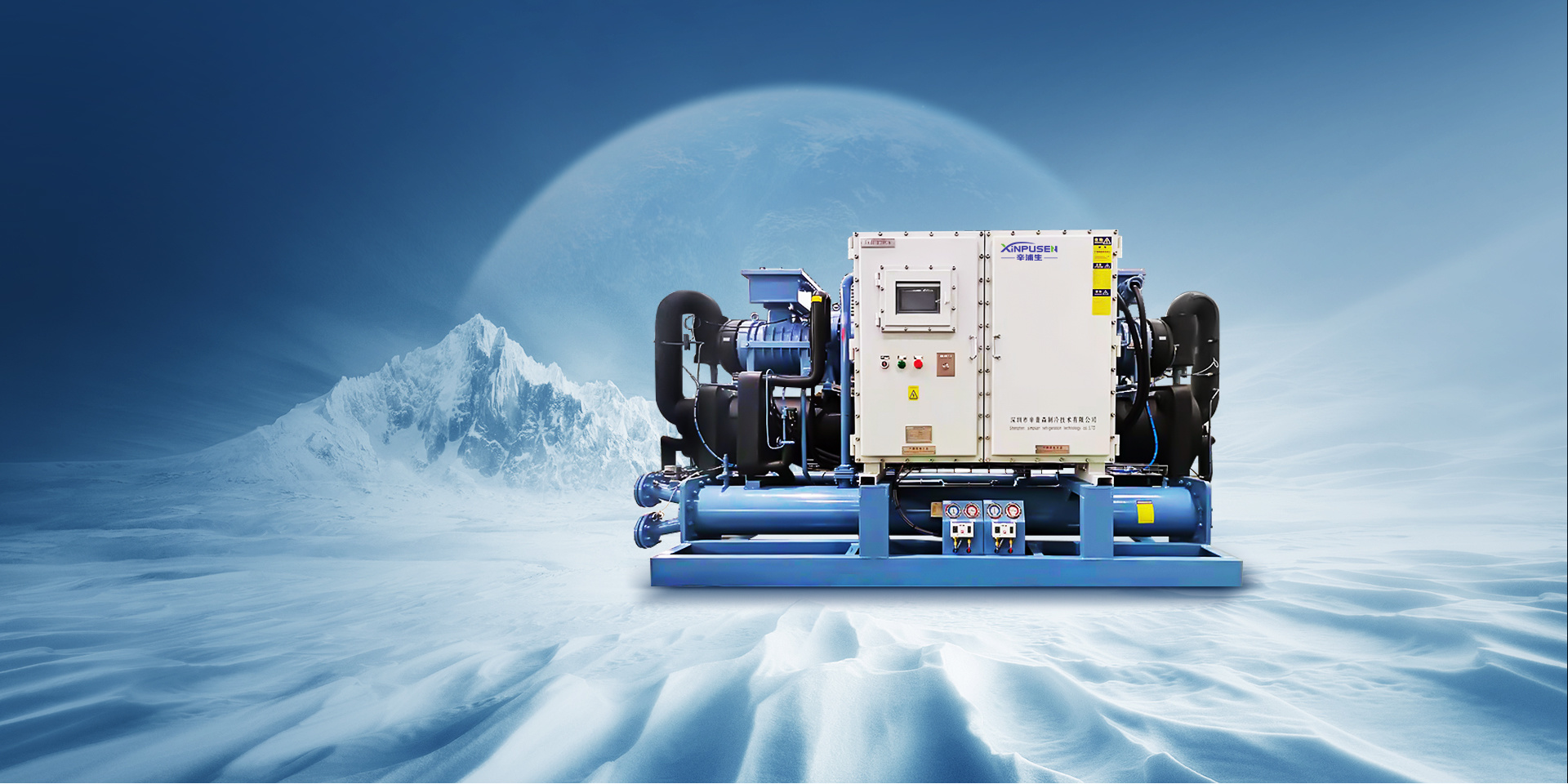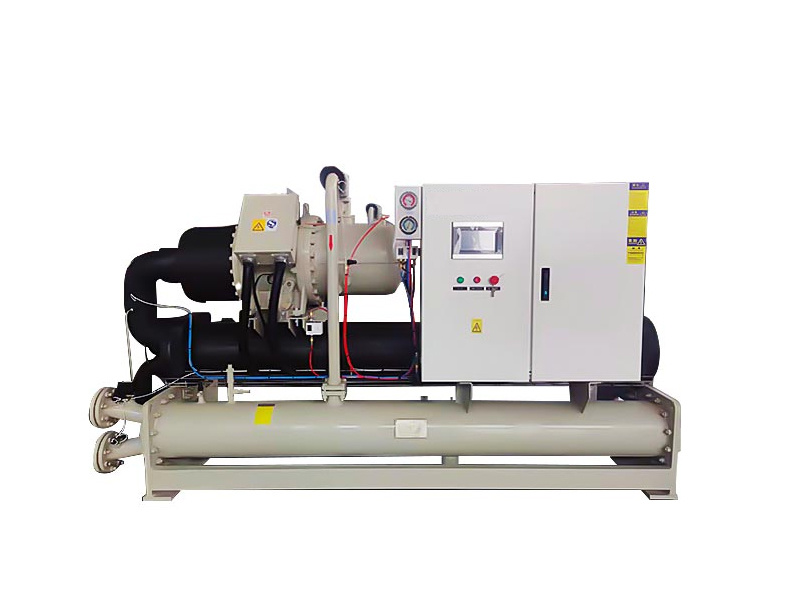What kind of chiller should be matched with environmental testing equipment? Take a look.
2025-01-23 09:35
Simpson Group, a large-scale refrigeration equipment manufacturing plant originating from advanced German refrigeration technology, specializes in producing: chillers, industrial chillers, screw chillers, full-liquid chillers, low-temperature ice water machines, air-cooled and water-cooled chillers, explosion-proof chillers, customized chillers, semi-hermetic condensing units, screw condensing units, and other refrigeration equipment. It has been awarded the CCTV Brand Plan China Preferred Brand. Welcome to call for inquiries!
In a certain environmental laboratory, a chiller is needed to remotely cool and reduce the temperature of laboratory equipment to maintain the normal operation of the test equipment. We know that environmental testing equipment mainly simulates the natural environment to test products, using artificial simulation of the environment in the short term to achieve the effect of the product after 3-5 years.
With the increasingly high requirements for product quality in various industries, the requirements for the carrying capacity, high and low temperature ranges, and temperature change accuracy of environmental testing equipment are becoming increasingly stringent. Equipment needs to respond quickly. Taking the refrigeration system of the environmental test chamber as an example, frequent starts and stops and uninterrupted operation will inevitably increase the wear and tear, energy consumption, and heat generation of the experimental equipment, thus affecting the environmental test results.
Chillers can be used in environmental testing equipment to provide an independent and centralized cooling and temperature reduction solution for several or more than a dozen pieces of equipment, ensuring the normal operation of the equipment.
This time, there are two types of models: KC-30TA and KC-40FA, which provide cooling to different laboratory equipment in two locations.
In the customer's environmental test equipment cooling project, a remote control method was adopted. The chiller can be flexibly customized according to the actual needs of the user. The project includes a 12-meter remote control cable and a 22-meter power cord. After on-site debugging, the chiller completed the initial debugging and is operating well.
Additionally, regarding the installation requirements of the chiller, it is necessary to remind industry friends:
Before installing the chiller, a flat foundation and a spacious area should be selected, avoiding corrosion, pollution, sun exposure, and ensuring easy access for regular maintenance and repair.
For water-cooled chillers, a cooling tower should be selected and installed according to the chiller's cooling capacity and size requirements. Do not reduce the size of the cooling tower, which may cause high pressure and overload.
Air-cooled chillers should be installed at least one meter away from the wall, with sufficient space for the air inlet and outlet to facilitate equipment maintenance and prevent poor heat dissipation.
In addition, please pay special attention to:
1. The power supply and load grounding should be constructed in accordance with relevant regulations.
2. The newly installed chiller's refrigerant water pipes must be insulated.
Previous:
More Information
2026-03-02
Understanding the Advantages of Water-Cooled Screw Chillers for Industrial Applications
2026-02-24
quality air cooled industrial chiller
2026-02-23
Essential Insights into Air Cooled Industrial Chillers: Efficiency, Selection, and Maintenance
2026-02-16
What to Expect During the Installation of Air Cooled Industrial Chillers: A Comprehensive Guide
2026-03-02
Understanding the Advantages of Water-Cooled Screw Chillers for Industrial Applications









 CN
CN EN
EN


